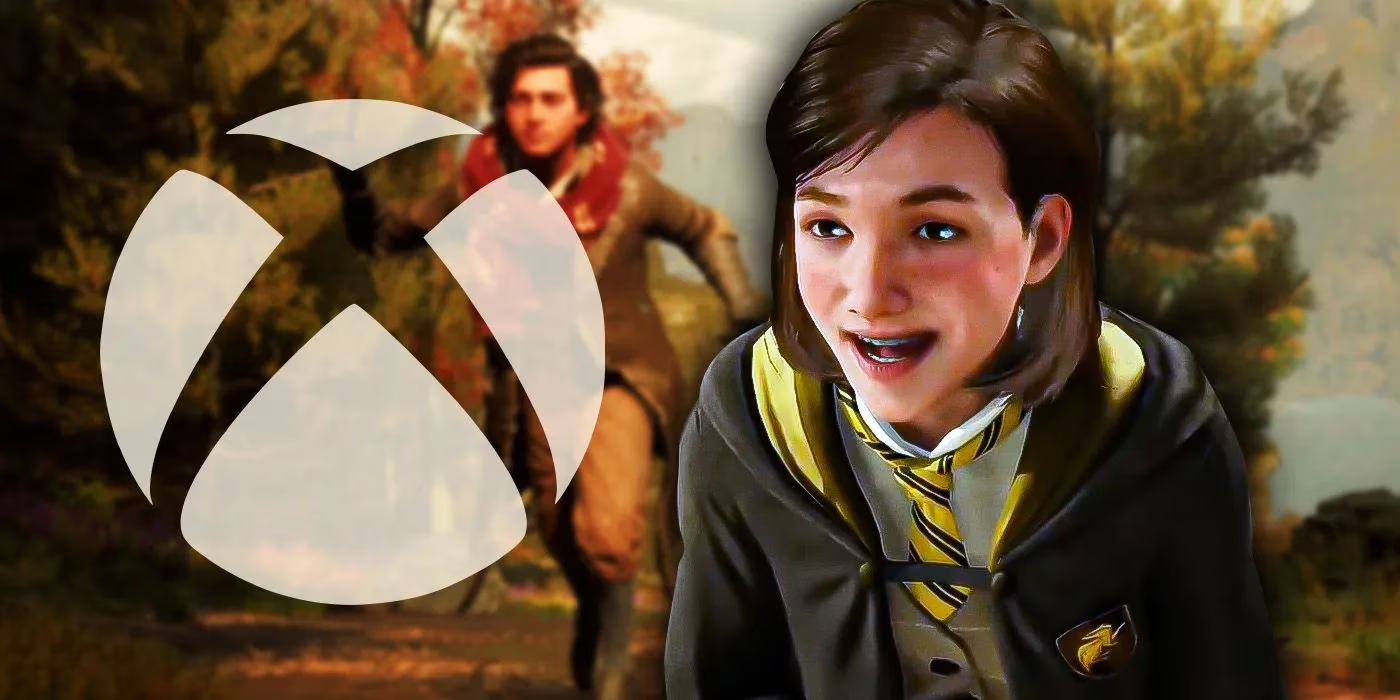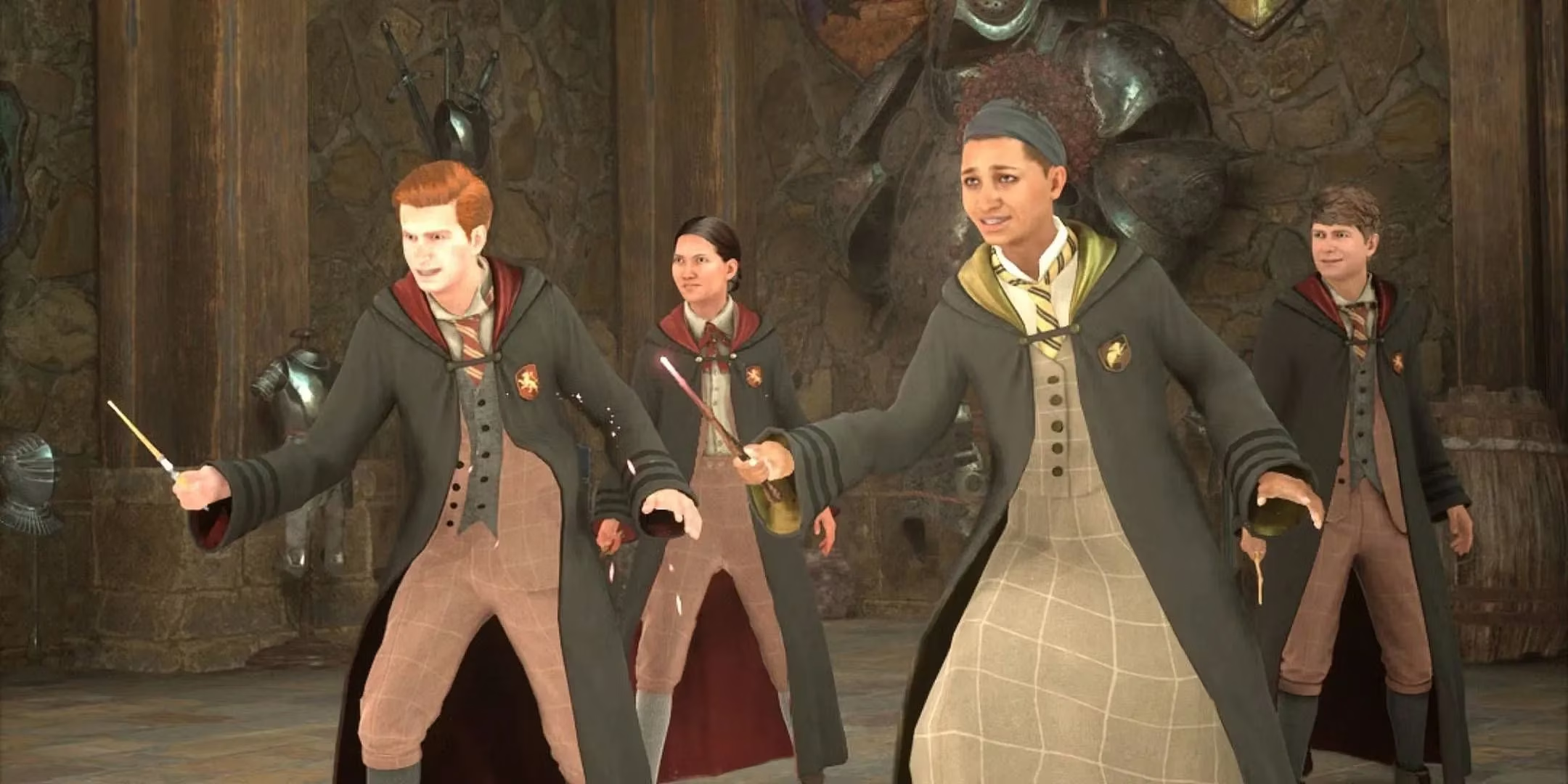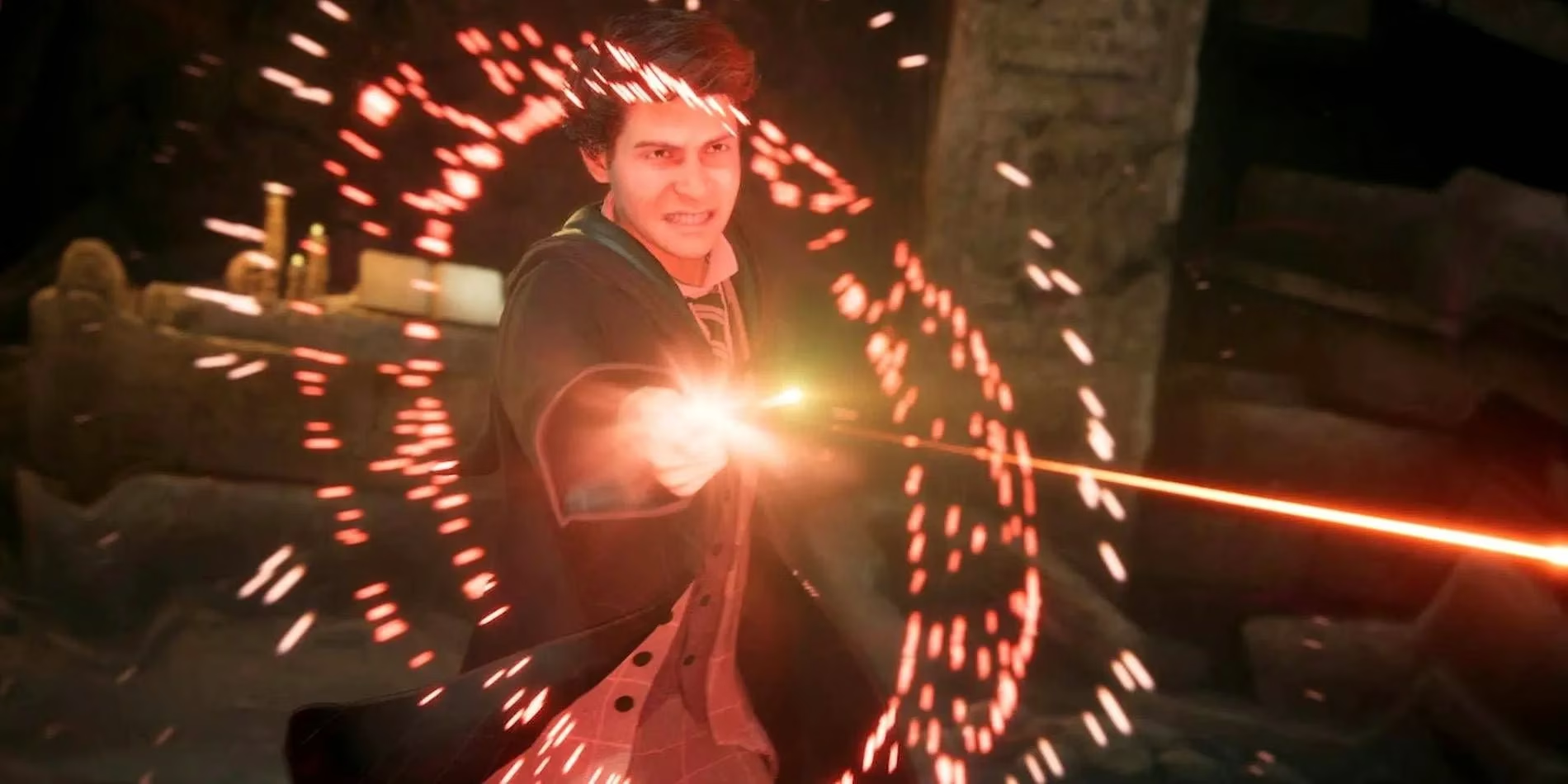Picture this: a wizard meticulously tracing ancient runes in the air instead of mindlessly tapping buttons like they're ordering fast food. As anticipation brews for Hogwarts Legacy 2 in 2025, one glaring truth emerges from the Hogwarts halls—it desperately needs to pillage Xbox's 2024 crown jewel, Indiana Jones and the Great Circle, for its revolutionary tactile gameplay. Why settle for generic spell-slinging when you could physically manipulate magical energies like a true sorcerer? The original Hogwarts Legacy, while enchanting, often felt like a third-person shooter draped in wizarding robes rather than a genuine magical simulator. But Indy's latest adventure demonstrates how visceral physical interactions transform button prompts into heart-pounding moments of immersion—whether twisting locks or grappling enemies. Imagine applying that same tangible wizardry to levitating objects or brewing potions! 🧙♂️✨
The Great Circle's Tactile Wizardry: Why Virtual Hands Matter
Indiana Jones and the Great Circle didn't just raise the bar for immersion; it turned the bar into a physical relic you must pry from a trap-laden pedestal. Every interaction requires deliberate player involvement: twisting keys with joystick rotations, unfolding maps by pulling triggers, or snatching weapons mid-combat to bash Nazis. This isn't just animation—it's embodied action. As MachineGames proved, forcing players to perform tasks rather than watch them creates unparalleled tension and satisfaction. For Hogwarts Legacy 2, this philosophy could rewrite spellcasting entirely. Instead of pressing 'X' for Expelliarmus, players might swirl their controller to conjure whirlwinds or physically "push" objects with motion controls. Combat would evolve from repetitive combos to dynamic duels where wand movements mirror actual spell trajectories.

Who knew Hogwarts needed more Xbox energy? This crossover visual says it all.
Beyond Button Mashing: Rescuing Spellcasting from Shooter Syndrome
Let's address the hippogriff in the room: Hogwarts Legacy's combat often resembled a magical reskin of Assassin's Creed. Spells felt like projectile weapons rather than intricate incantations—a far cry from classics like 2006's Okami (where players painted symbols to attack) or the PC version of Sorcerer's Stone (which required mouse-drawn runes). Tactile mechanics could shatter this generic mold by demanding precision:
-
🔮 Drawing complex glyphs to unleash advanced charms
-
⚖️ Balancing controller tilt during potion brewing
-
✋ Physically "grabbing" magical energy with haptic feedback
Such systems would force players to learn magic rather than memorize button sequences. Picture dueling club matches where flicking your wand downward actually deflects curses instead of triggering canned animations. Even exploration could benefit—turning locks like Indy or manipulating enchanted mechanisms by hand. But would this slow gameplay? Possibly... yet isn't wizardry supposed to feel deliberate and powerful rather than rushed?

Current duels feel flashy but lack physicality—imagine actually feeling spell impacts.
People Also Ask: Your Burning Questions Answered
-
Can tactile gameplay work in third-person games? Absolutely! Red Dead Redemption 2's detailed skinning animations proved tactile immersion transcends perspectives. Avalanche could blend over-the-shoulder views with close-up "wand-hand" sequences during spellcasting.
-
Did older Harry Potter games do this better? Ironically, yes. Chamber of Secrets (2002) required rhythm-based button inputs for spells, while Quidditch World Cup (2003) made broom movements physics-driven. Sometimes nostalgia knows best!
-
Wouldn't this make combat too complex? Not if tiered skill progression is implemented. Beginners might cast Lumos with a button tap, while masters weave firestorms with motion combos—rewarding dedication like true Hogwarts curriculum.
From Shooters to Sorcerers: Breaking the Open-World Mold
The harsh truth? Hogwarts Legacy often prioritized Ubisoft-style checklist design over magical authenticity. Collecting field guide pages felt like hunting feathers in ACII, and combat borrowed heavily from Arkham's free-flow system. Tactile spellcasting could shatter these conventions by making magic feel unpredictable and organic. Consider environmental interactions: physically dragging debris with Wingardium Leviosa to build bridges or manually stirring cauldrons until potions change color. These micro-interactions—ripped from Indy's playbook—could replace bland "hold button to interact" prompts. Avalanche even teased this potential in the original game's wand-sensitive lock-picking minigame. Expanding it system-wide would finally deliver on the fantasy of being a wizard rather than controlling one.

Current Dark Arts feel visually intense but mechanically shallow—needs tactile weight.
The Final Incantation: A Dilemma Worth Debating
As we await Hogwarts Legacy 2's owl-delivered announcement, one question lingers like a mischievous poltergeist: Can tactile magic coexist with open-world accessibility? Indiana Jones thrived by focusing on curated set-pieces, but Hogwarts demands sprawling freedom. Perhaps the answer lies in hybrid design—reserving intricate gestures for pivotal moments while keeping exploration fluid. Or maybe Avalanche should dare to shrink the map for denser interactivity, trading quantity for charm-infused quality. After all, isn't wizardry about finesse over brute force? One thing's certain: players deserve more than a reskinned shooter. They deserve to feel their magic crackle at their fingertips—controllers trembling as ancient forces answer their command. Will Avalanche grasp this opportunity... or will it vanish like a poorly cast Disapparition spell? 🕹️⚡